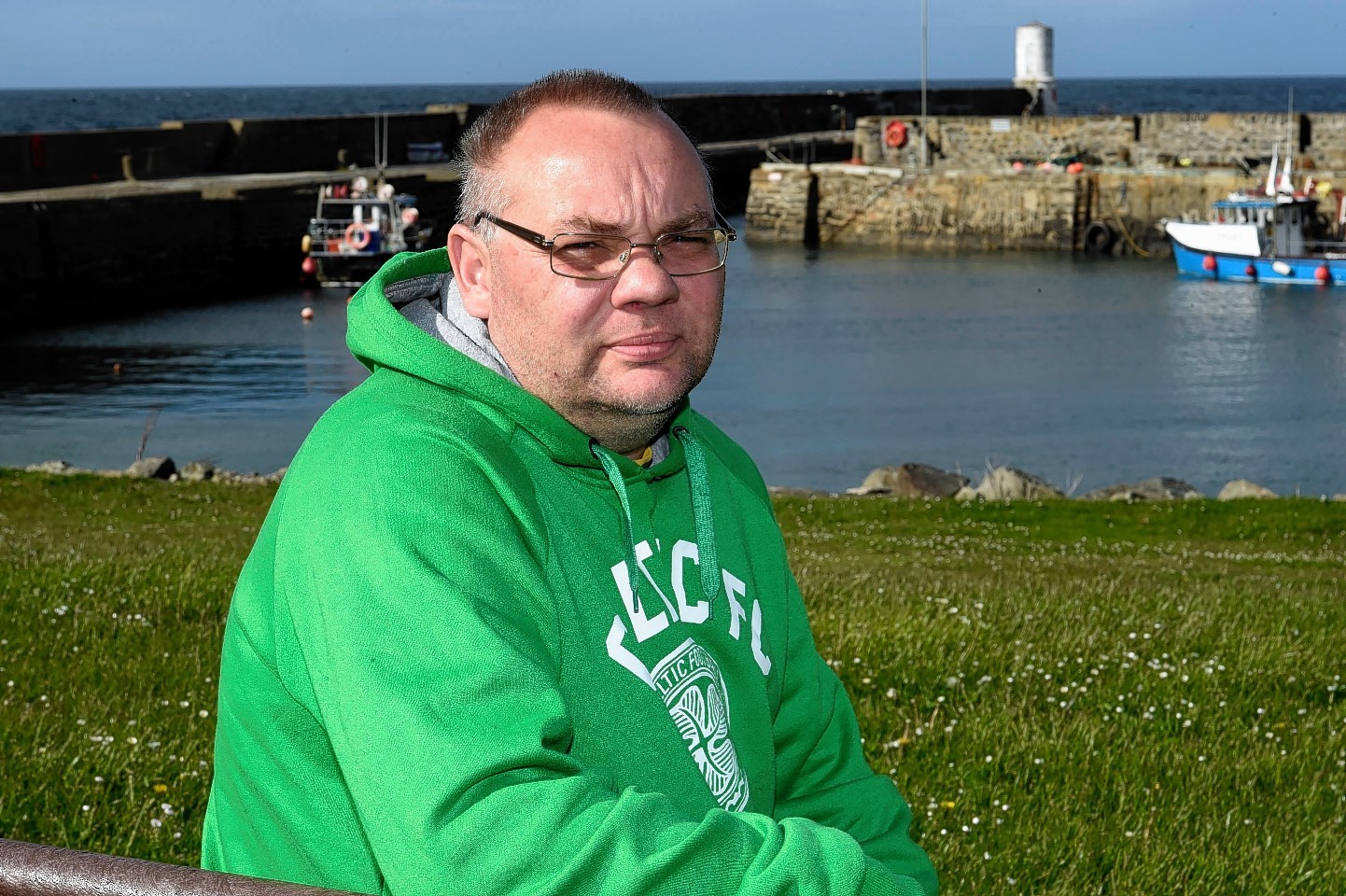A skipper of a north-east trawler that sank off the Atlantic coast has been blamed for causing it to capsize.
The Banff-registered Kairos sank off the Isles of Scilly last May, after overturning as the crew tried to recover a lost net in rough seas.
The Marine Accident Investigation Branch launched a probe into the incident, and released their findings yesterday – ruling skipper Alan Bolt’s actions were “directly” to blame for the boat being lost.
The body ruled the 46-year-old did not consider the hazards of continuing to try and retrieve a lost net in worsening sea conditions, and that the boat’s loss was “inevitable”.
Mr Bolt, from Rosehearty, and his four crew members were plunged into the Atlantic when the trawler went down about 75 miles west of the coast just before midnight on May 18 last year.
The men had to swim through churning waves in pitch darkness before clambering on board their life raft to await rescue.
But weakened by the efforts to make it to the life raft, diabetic Mr Bolt was unable to climb aboard the Irish Cu Na Mara vessel which came to the fishermens’ rescue.
While trying to get onto the trawler, he fell off the ladder and crashed back into the sea. An Irishman had to don a survival suit and jump in after him to bring him aboard.
In their report, the MAIB investigators suggest that Mr Bolt had been so determined to retrieve the lost net for financial reasons that he failed to acknowledge that the efforts were putting the trawler at risk.
They found that the crew had searched for the equipment for hours, and had taken on water in their attempts to locate it.
Their report states: “Kairos capsized while the skipper attempted to recover the starboard net with the creeper in very rough seas. The skipper’s perseverance in this respect, in worsening sea conditions, deepening floodwater in the cabin space, a significant and increasing port list and his crew shouting at him to release the creeper wire, indicate that he did not properly consider the hazards.
“This allowed Kairos’s stability to diminish until its loss was inevitable.
“Moreover, his priorities were likely to have been influenced by the commercial implications of losing the net and, had it been released, the trawl wire and creeper, on top of the vessel’s already poor catches.”
Investigators said that Mr Bolt had originally told the boat’s owner that there was “no cause for concern” when he called in the net loss.
He subsequently did not read instructions sent to him by text message about how to operate the boat and ignored the crew when they urged him to stop.
It was not until 11.15pm that he “acknowledged that the situation was serious”, the report states.
Investigators said: “He instructed the crew to put on their abandon ship life jackets.
“Moments later, at about 23.35, the engine stopped and the vessel started to capsize. The skipper and the crew abandoned into the water. As they did so, one of the crewmen pulled and then held onto one of the life rafts’ painters. The life raft inflated and Kairos’s crew climbed on board.”
The five men were recovered by the Cu Na Mara at 1am.
The MAIB said Mr Bolt’s could have died if it were not for the “quick thinking” of his rescuers.
They added: “There have been numerous accidents in which fishermen have fallen overboard and have died as a result of crews being unable to recover them from the water.
“Although Kairos’s skipper was wearing a life jacket when he fell from the ladder while boarding Cu Na Mara, he was cold and tired and therefore in danger. The quick-thinking and prompt action taken by Cu Na Mara’s crew to safely recover him from the very rough seas in the dark was commendable.”
Last night, Mr Bolt – who previously admitted he did not think he would see his wife and children again – said he was not “impressed” with the report produced.
“That’s their opinion,” he said.
“I wasn’t impressed with the report – but it was my opinion and against theirs.”
The MAIB has now launched new safety advice to skippers declaring that no vessel is unsinkable.
In a flyer produced for the fishing industry, the MAIB advises that the recovery of lost nets can increase the risk of “excessive rolling, dangerous lists and capsize”.
It has also warned that knowing where external ports are based and ensuring their maintenance to prevent flooding should be “part and parcel of vessel familiarisation”.
However, no recommendations have been made as a result of the MAIB’s investigation.
